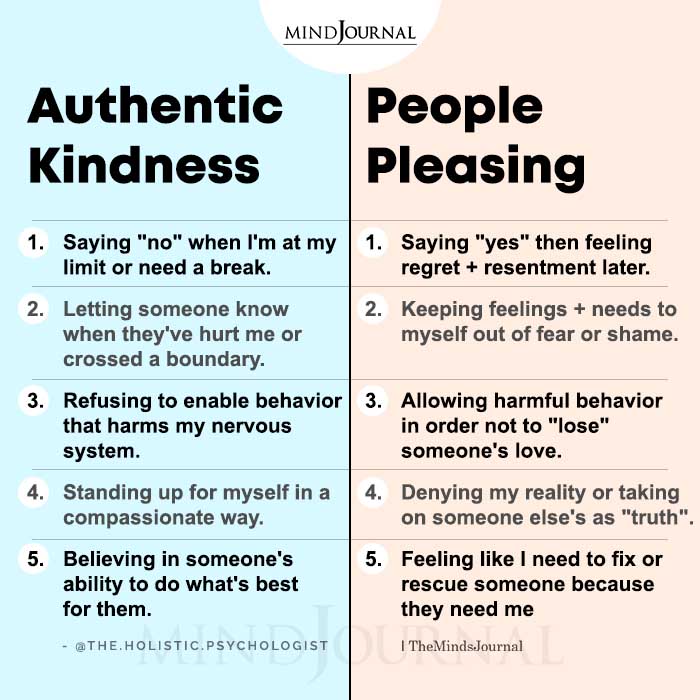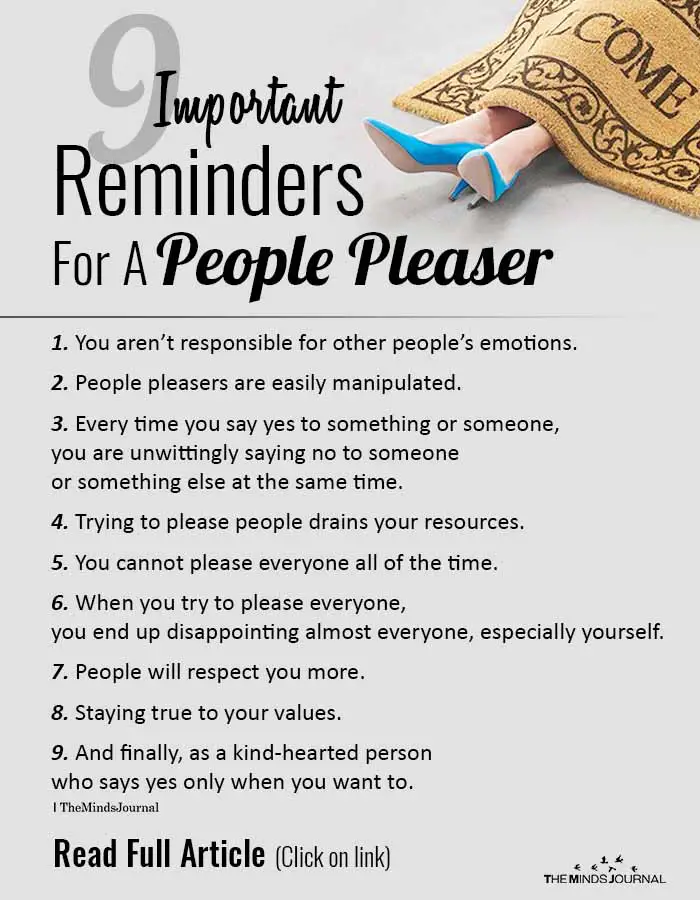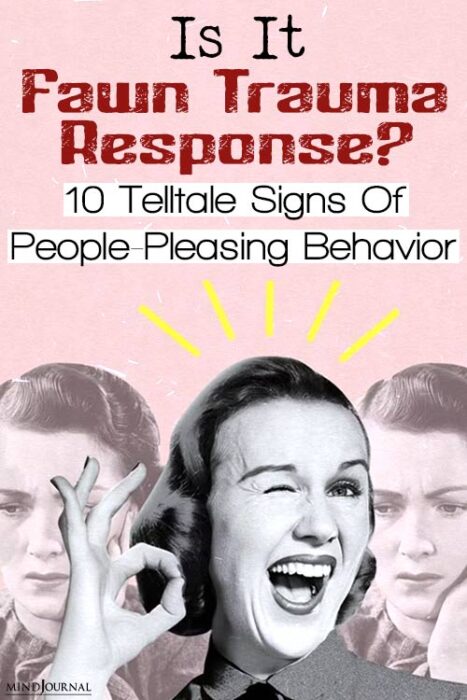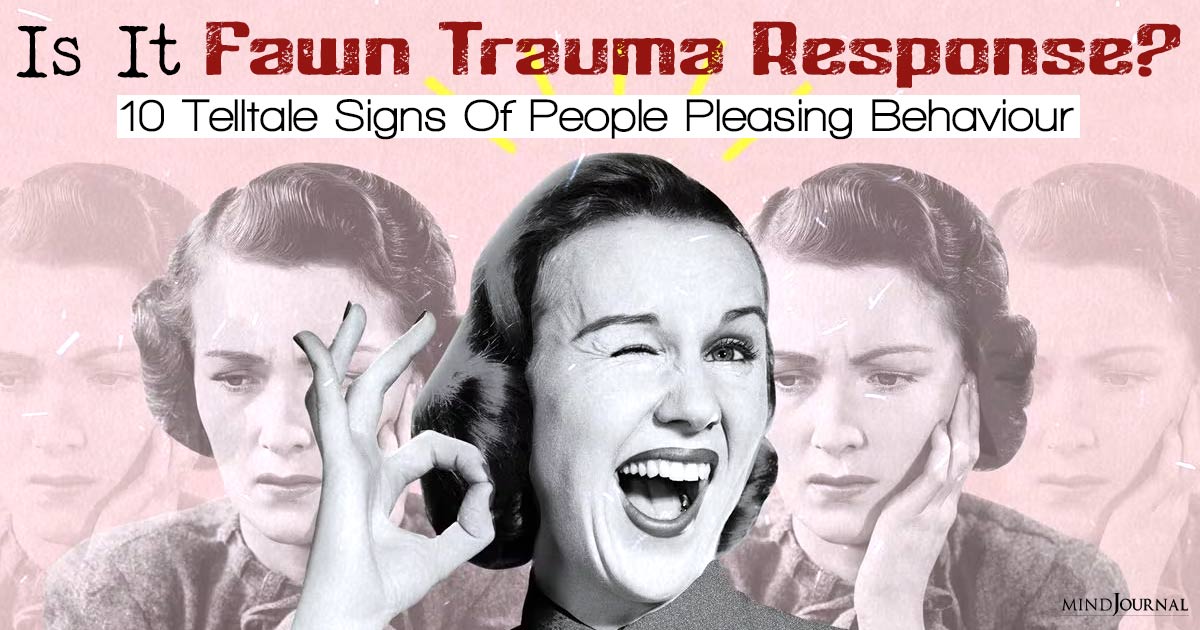Ever feel like going the extra mile to please others even if it meant that your own needs were being ignored? Well, maybe you’ve heard of a thing called “fawn trauma response.” Let’s unpack this and see if it sounds familiar.
What Does Fawning Mean?
When someone fawns, they excessively seek approval or avoid conflicts by pleasing other people. Therapist Peter Walker invented the concept of the fawn response as a way of describing a situation in which an individual’s reaction to trauma is focused on the needs of others and not on himself/herself.
And we lay down the details on ten fawn response examples along with how to stop fawning below.
10 Signs Of Fawn Trauma Response To Watch Out For!
1. Need for Approval:
Mostly individuals who have developed fawn responses often seek too much external validation and approval. When your self-worth depends on what others think of you and you do everything possible to win their approval; this could be a sign of Fawn Trauma.
2. Difficulty in saying No:

One of the main characteristics of people-pleasing is not being able to say no at all. When you start agreeing with things regardless of what you think is right or stop caring about your needs but those belonging to other people, then it shows that there is fawn trauma in your life.
Related: 5 Lessons For People Pleasers
3. Fearful of Rejection:
This is deeply rooted in fear of abandonment and rejection as part of the fawn trauma response. Whenever just thinking about someone disapproving sends shivers down your spine then it must have become a survival strategy.
4. Ignoring Personal Limits:
A person suffering from a fawn trauma often doesn’t have strong personal boundaries or none at all. If at all you find yourself allowing the breaking of rules by other people without contesting it may be indicating that you are following rather than leading because your urge for peoples’ satisfaction arises from Fawn trauma.
5. Self-Sacrifice
Those with a FAWN response may push their own wellbeing aside in order to cater for others’ needs. A red flag for FAWN Trauma is when someone always choses others over their mental state as well as physical health.
6. Chameleon Like Characteristics:
One of the fawn response examples is behaviors that often involves changing aspects such as personality traits, interests or values to please others.
If you notice yourself adjusting who you are in order to fit in, then it is worthwhile examining if fawn trauma is a factor.
7. Difficulty Knowing What One Wants:
Fawn trauma often results in individuals being disconnected from their own desires and needs. This might mean that your people-pleasing behavior was influenced by Fawn trauma if you can hardly decide for yourself without considering what other people expect from you.
8. Anxiety about Conflict:
Fawning may manifest as an intense fear of conflict. When you try hard to avoid disagreements or confrontations even when at the expense of your own needs, it demonstrates that your people-pleasing tendencies come from FAWN response.
Related: 11 Things People Pleasers End Up Doing Unintentionally
9. Over-Apologizing:
Wondering what does fawning mean? Well, you might noticed people who have a habit of constantly apologizing even when it’s not necessary.
When sorry has become a routine word in your life and many times you take responsibility for things that are beyond your control then it indicates that there are survival strategies now at play.
10. Uncomfortable with Compliments:
Fawning trauma response can make receiving compliments and positive attention feel strange. It points to people-pleasing behavior deeply ingrained within you if on a regular basis you downplay achievements or redirect compliments elsewhere.
How To Stop Fawning?
If you tend to be a little too sycophantic, here are some ways you can deal with fawning trauma response and stand your ground.

- Know Your Limits:
Begin by knowing what you like and what is inappropriate. Acknowledge your own needs and enforce very clear lines of demarcation. - Practice Saying No:
It’s okay to say no! You’re not obligated to agree to everything. Practice saying this in front of the mirror or with a friend until it feels right. - Use “I” Statements:
Use “I” statements to express your emotions and wants. This approach allows you to speak assertively without sounding aggressive. For instance, instead of saying “You are overwhelming me”, you can choose to say “I need some time alone right now”. - Build Self-Confidence:
Focus on increasing your self-confidence. Remind yourself of your strengths and achievements. The more confident you feel, the easier it will be for you to be assertive. - Reflect and Learn:
Regularly reflect on your interactions with others. Note moments when you were too fawning and think about how things could have gone differently for each situation. Take advantage of these experiences as growth opportunities for yourself.
Related: 9 Important Reminders For A People Pleaser and How To Finally Say ‘No’
Being able to recognize the fawn response symptoms is important if you want to heal and regain control over your own life.
Remember that dealing with fawn response symptoms is not an overnight change but a process. Be patient with yourself, and celebrate the small victories along the way. You got this!









Leave a Reply
You must be logged in to post a comment.